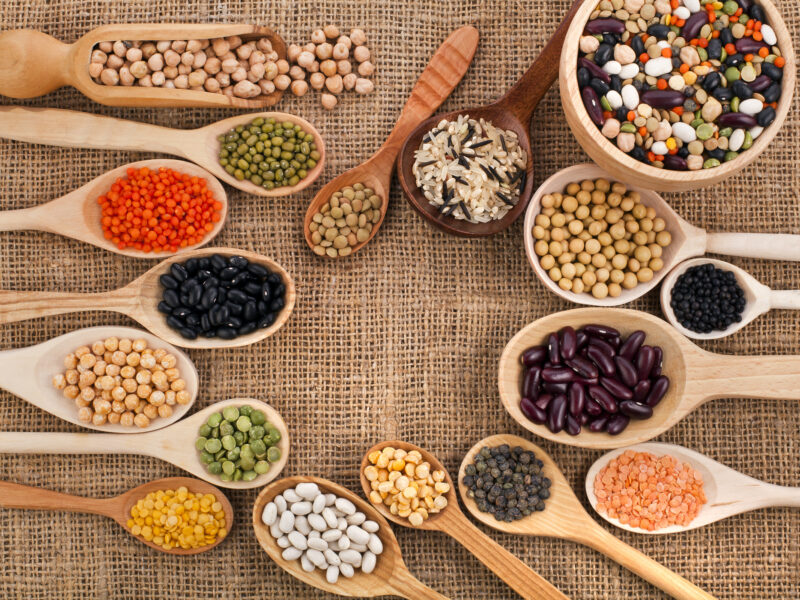


OTTAWA – In a controversial decision, the Canadian Plants Council has reclassified beans, from Magical Fruit to common legume.
“We all know the saying,” said Monica Lee, the President of the Council. “Beans, beans, the magical fruit, the more you eat, the more you toot. It has the power of rhyme, and is very persuasive. But it is wildly inaccurate on multiple counts.”
A group of 100 expert scientists convened in Ottawa over two weeks to deliberate on the status of beans, with 92 scientists arguing for reclassification and 8 still supporting beans’ status as both a fruit and possessing great magic.
“Why do you think Jack traded his cow for them?” asked Roger Richmond, one of the bean conservatives. “Because he knew they were magic. They grow into giant beanstalks and they make you toot. This can’t be explained by conventional science.”
It took several presentations with multiple diagrams explaining how flatulence works in the human body to persuade some of the more reluctant plant classification scientists of beans’ non-magical nature.
Beans have long been associated with magic, from Medieval Germany, where a town was ruled by a “prince” for 10 years because he convinced the townsfolk that if he ate a certain bean the town would be swallowed up by the earth, to the magic Senzu beans from Dragonball Z.
With the reclassification of beans, there are only eight remaining Magical Fruits: Wizard’s Figs, Xi Wang Mu Peaches, Cherries of Gragumel, Pomegranates from Hades, Grapes of Wrath, Frankenberries, The Fruit of the Knowledge of Good and Evil from the Garden of Eden, and Bananas.


